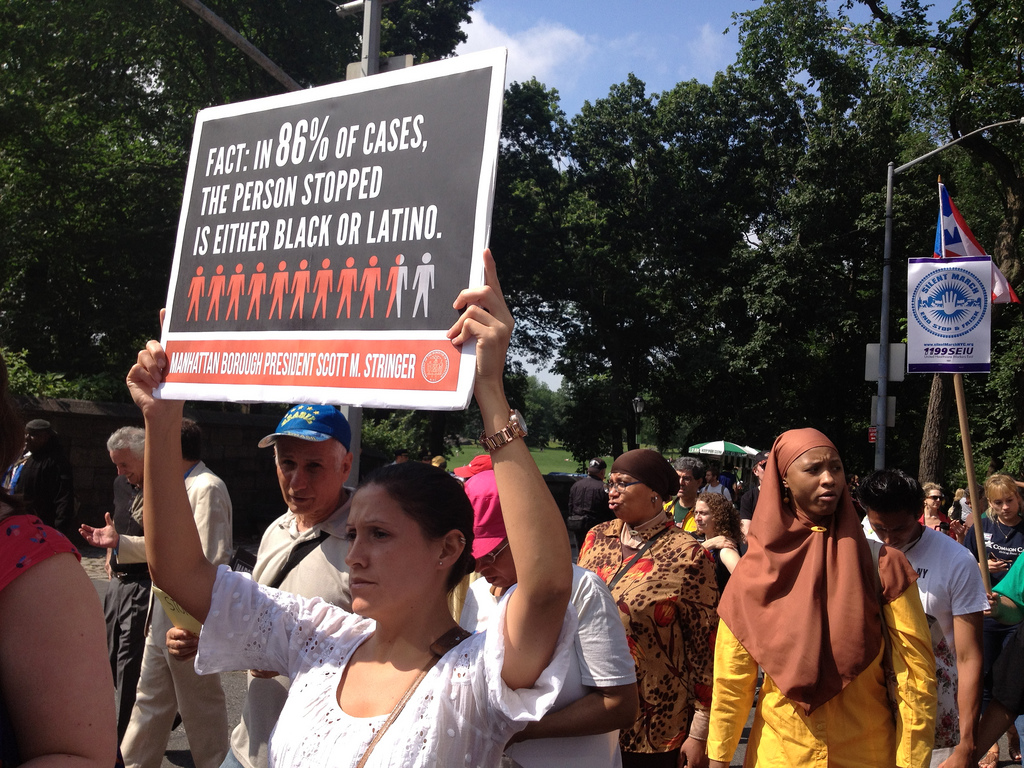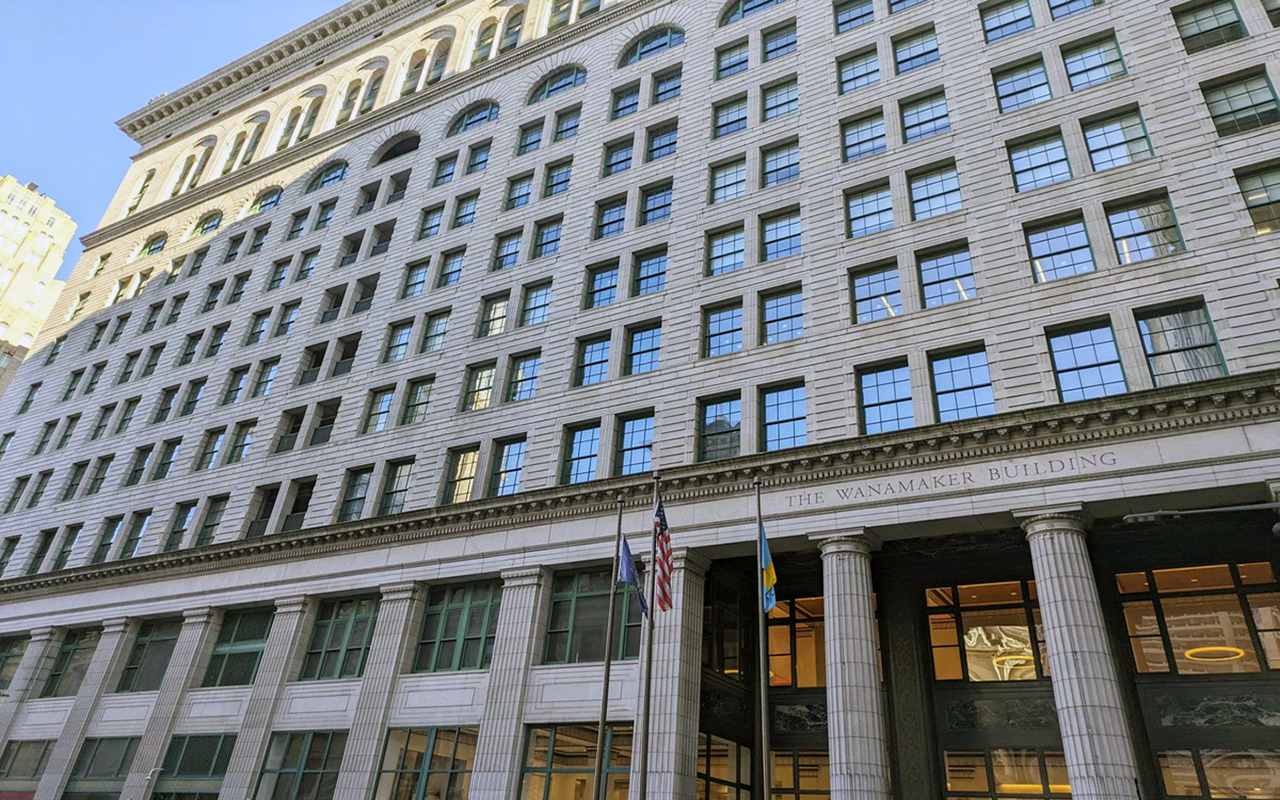
Stop-and-frisk policies take it farther than expected
A recent case involving an alleged drug dealer in West Philadelphia is bringing to light a common but illegal police practice, according to the Philadelphia Inquirer.
Lamar Simmons was pulled over for having a license plate that didn’t match his vehicle and when law enforcement officials searched Simmons, they located 64 packets of crack cocaine wrapped in a small ball in his underwear.
But all charges against Simmons were dropped. The problem: the in-depth search was illegal for a traffic stop.
CONTENIDO RELACIONADO
Simmons walked free after Common Pleas Court Judge Scott DiClaudio suppressed all evidence from the search leading the District Attorney’s office to drop the charges.
The problem with the practice is that it’s strictly forbidden. The Police Department and state laws have outlawed these types of searches in public spaces and Commissioner Richard Ross told the Inquirer he wasn’t aware of the practices.
But some defense attorneys say the practice is alive and well. Attorney Michael Diamondstein told the Inquirer, “From my experience, representing hundreds of clients, it is routine,” said attorney Michael Diamondstein. “It’s almost like clients don’t bring it up anymore. ... The problem is, no one is worried about it until it happens to them. It’s not always a bad guy. A lot of times it’s just people of color or people that live in the lower-income neighborhoods.”
The practice of stop-and-frisk has been under attack in the city since 2011, where local leaders such as the American Civil Liberties Union (ACLU) and Attorney David Rudovsky sued the city and argued that the practice disproportionately targeted people of color.
Rudovsky told the Inquirer, “It’s completely impermissible as part of stop-and-frisk. You can’t even go into someone’s pocket, much less his underwear.”










DEJE UN COMENTARIO: